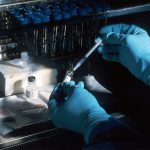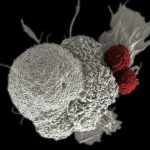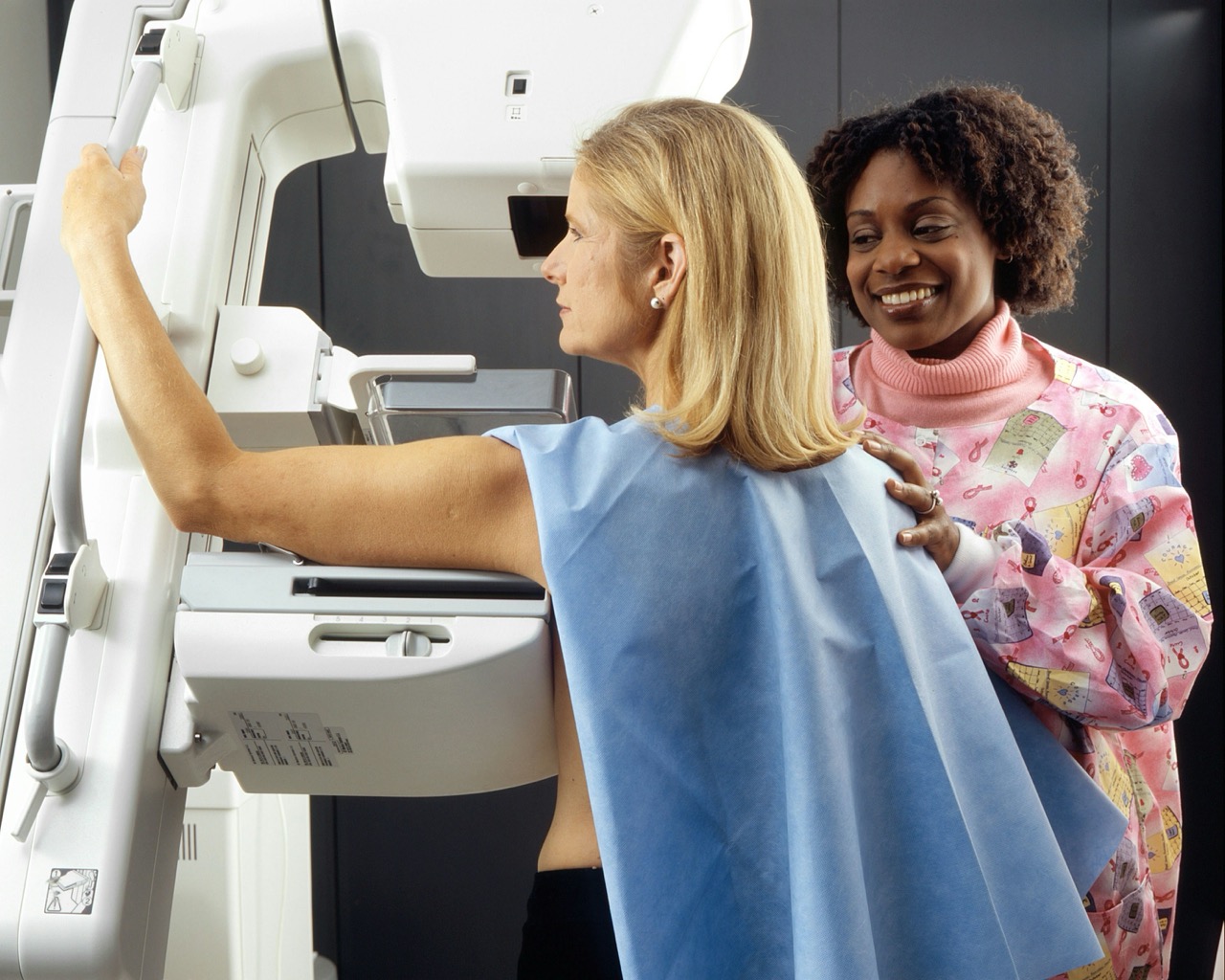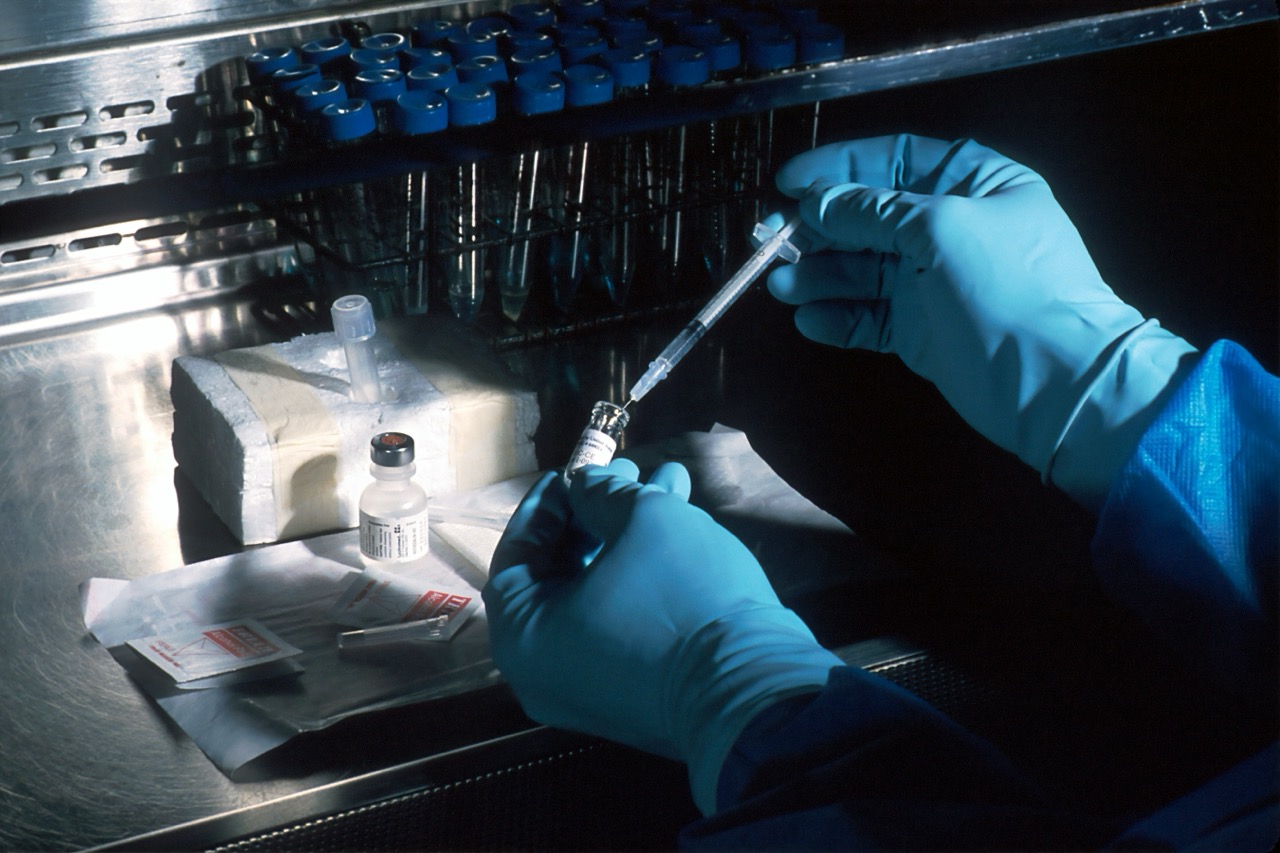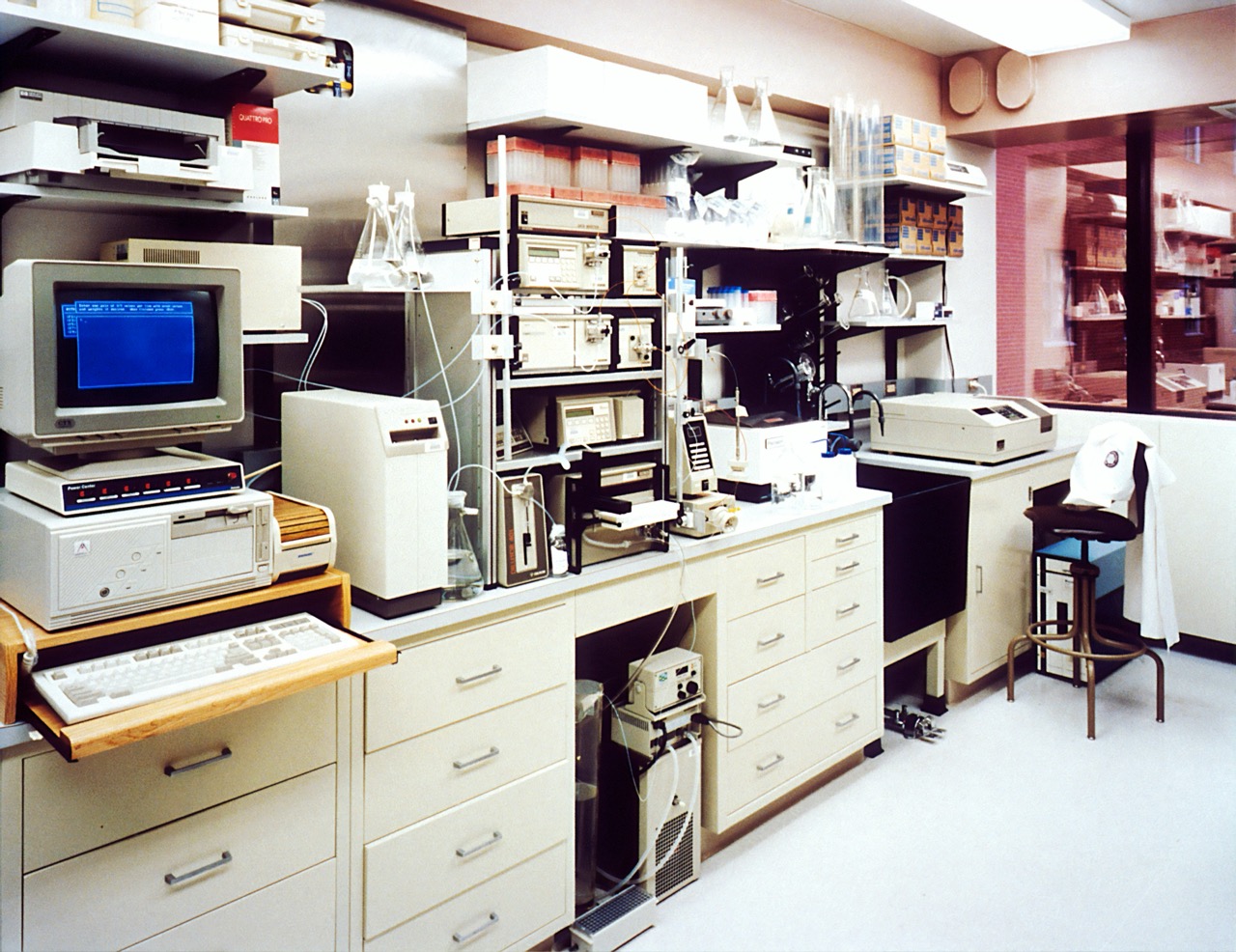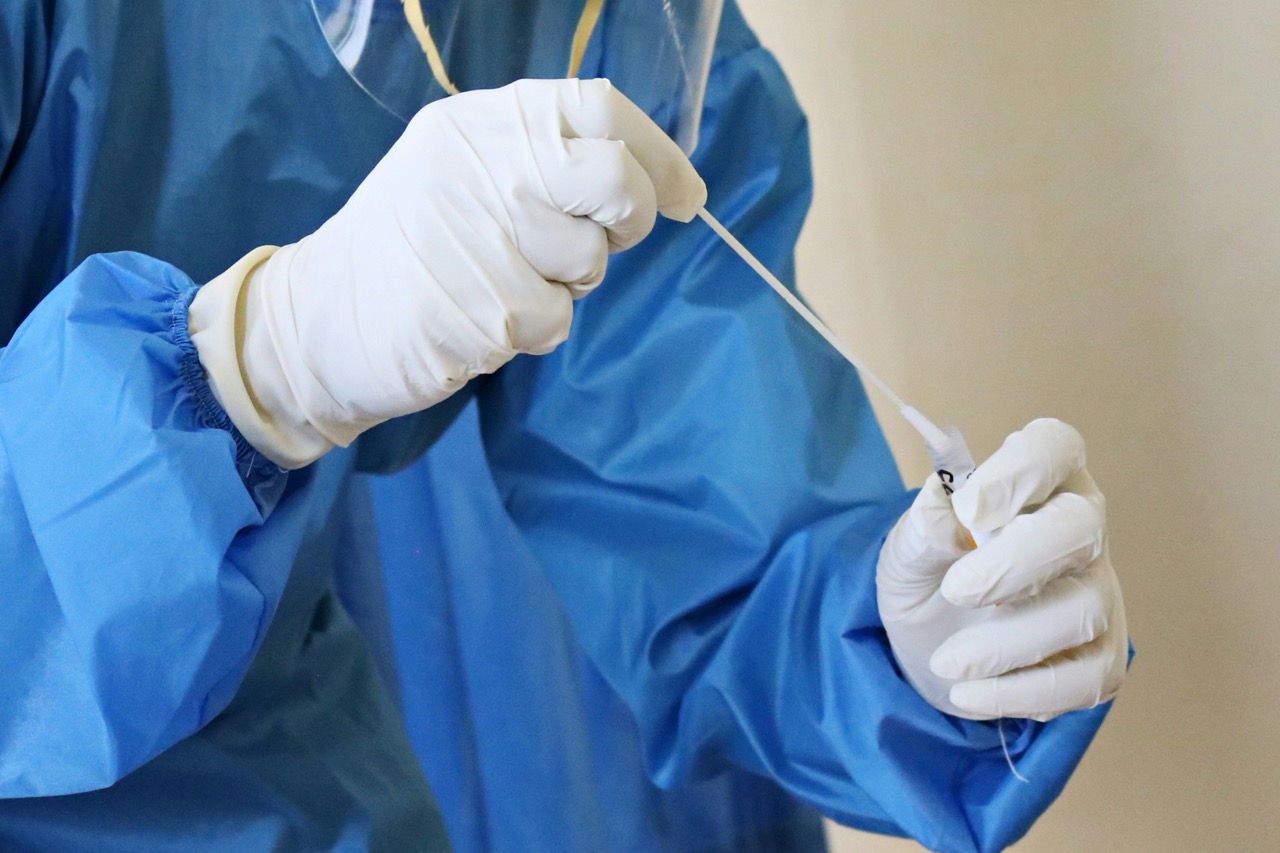Sexually transmitted diseases (STDs) represent a significant public health challenge worldwide, necessitating effective communication and support systems to address the needs of affected individuals. One crucial element in this ecosystem is the presence of STD hotlines, which serve as a vital resource for individuals seeking information and guidance regarding STDs. These hotlines not only aid in disseminating accurate information but also play a pivotal role in public health by fostering awareness and promoting preventive measures. This article explores the various facets of STD hotlines, highlighting their importance, functions, and the evolving landscape of their services.
Understanding the Role of STD Hotlines in Public Health
STD hotlines serve as a frontline resource in public health, providing immediate access to information about sexually transmitted infections. They are designed to answer queries about symptoms, testing locations, treatment options, and preventive measures, thereby contributing to the reduction of stigma surrounding these health issues. By serving as an accessible point of contact, hotlines play a crucial role in encouraging individuals to seek testing and treatment, ultimately aiming to lower the transmission rates of STDs within communities.
Moreover, these hotlines often work in conjunction with public health agencies to collect data on trends in STD infections. This data can inform public health initiatives and programs, helping to allocate resources effectively and implement targeted educational campaigns. By addressing concerns and misinformation related to STDs, these hotlines contribute significantly to the overall health literacy of the population, promoting safer sexual practices and awareness of available healthcare resources.
Addressing Common Misconceptions About STDs and Hotlines
There are numerous misconceptions surrounding STDs that can inhibit individuals from seeking help. Many people believe that contracting an STD is a moral failing or that it only affects certain demographics. STD hotlines work diligently to dispel these myths by providing factual information that emphasizes the prevalence and treatability of STDs. By normalizing the conversation around STDs, hotlines help to reduce stigma and encourage more individuals to reach out for support.
In addition to addressing misconceptions about STDs themselves, hotlines also clarify misunderstandings about the hotline services. For instance, many potential callers may assume that their inquiries will be met with judgment or that they will be pressured to disclose personal information. STD hotlines emphasize their commitment to confidentiality and non-judgment, fostering an environment where individuals can feel safe discussing their concerns without fear of repercussions.
How STD Hotlines Provide Confidential Support and Guidance
Confidentiality is a cornerstone of STD hotline operations. Callers are assured that their conversations are private and that their identities will remain anonymous. This element of confidentiality is crucial for individuals who may feel embarrassed or ashamed about their situations. By creating a safe space for dialogue, hotlines encourage more people to reach out for the information they need without the worry of being identified or stigmatized.
In addition to confidentiality, hotline counselors are trained to provide empathetic support and informed guidance. They offer not only information but also emotional reassurance, helping callers navigate their feelings and concerns about STDs. This holistic approach ensures that individuals receive comprehensive support, addressing both the psychological and informational aspects of their inquiries.
The Importance of Anonymity in STD Hotline Conversations
Anonymity plays a critical role in the effectiveness of STD hotlines. Many individuals may be reluctant to seek help in person due to fears of being recognized or judged. By allowing individuals to remain anonymous, hotlines help to mitigate these fears, making it easier for callers to ask sensitive questions and seek advice. This anonymity fosters a sense of security that is vital for encouraging open discussions about sexual health.
Moreover, anonymous interactions can lead to more honest exchanges. When individuals do not have to identify themselves, they may feel freer to disclose their behaviors and symptoms without fear of stigma. This openness can lead to more accurate assessments of their situations, enabling hotline counselors to provide better-informed recommendations for testing and treatment.
Types of Questions Frequently Asked on STD Hotlines
STD hotlines receive a wide array of inquiries, reflecting the diverse concerns individuals have regarding STDs. Common questions include those related to symptoms, such as "What are the signs of chlamydia?" or "How can I tell if I have an STD?" Many callers seek information about testing procedures and locations, asking, "Where can I get tested for STDs in my area?" Others inquire about treatment options and the implications of a positive diagnosis, such as "Can STDs be cured?" and "What should I do if I test positive?"
Additionally, hotlines address questions about safe sexual practices and prevention strategies. Callers often ask about the effectiveness of condoms, vaccinations for diseases like HPV, and how to communicate with partners about STDs. This breadth of inquiry highlights the hotline’s role in providing not just reactive support, but proactive education to promote sexual health and responsible behavior.
The Expertise Behind STD Hotline Counseling Services
Counselors at STD hotlines are typically trained healthcare professionals with a background in public health, nursing, or counseling. This expertise allows them to provide evidence-based information and guidance to callers. Continuous training ensures that they are up-to-date with the latest recommendations and treatments for STDs, which is essential for providing accurate and reliable information.
In addition to clinical knowledge, these counselors are trained in effective communication techniques, enabling them to engage compassionately with callers. They are equipped to address emotional distress and anxiety that often accompany discussions about STDs, ensuring that the support provided is both informative and supportive. This dual focus on clinical expertise and emotional counseling makes STD hotline services comprehensive and effective.
Accessing STD Hotline Resources: A Step-by-Step Guide
Accessing STD hotline resources is typically straightforward, designed to minimize barriers to help. Individuals seeking assistance can start by locating the hotline that serves their area, which can often be found through a simple internet search or through local health department websites. Many hotlines offer multiple modes of communication, including phone, text, and online chat, allowing users to choose their preferred method of outreach.
Once connected, callers are greeted by trained counselors who will guide them through the conversation. It is advisable for callers to prepare any specific questions they may have beforehand, which can help streamline the discussion. Additionally, providing relevant information such as symptoms or concerns can enhance the counselor’s ability to offer appropriate guidance and support.
Case Studies: Successful Outcomes from Hotline Interventions
Numerous case studies illustrate the positive impacts of STD hotlines on public health. For instance, one case study highlighted a young woman who contacted a hotline after experiencing unusual symptoms. Guidance from the counselor led her to seek timely medical attention, resulting in early treatment for an STD and preventing potential complications. This case underscores the importance of hotlines in facilitating prompt action that can significantly affect health outcomes.
Another case involved a caller who was uncertain about how to discuss STD testing with a partner. The hotline counselor provided resources and strategies for effective communication, empowering the caller to address the topic openly. This intervention not only contributed to the caller’s peace of mind but also promoted healthier relationship dynamics. Such case studies reflect the critical role of hotlines in enhancing individual health and fostering responsible sexual behavior.
Integrating Technology in STD Hotline Operations
The integration of technology in STD hotline operations has revolutionized the way services are delivered. Many hotlines now utilize texting and online chat platforms, catering to a tech-savvy population that may prefer these methods over traditional phone calls. This shift enhances accessibility, allowing individuals to seek help in a manner that feels comfortable and convenient for them.
Moreover, technology facilitates the collection and analysis of data regarding inquiries and demographics. This information can be instrumental for public health agencies in identifying trends and tailoring resources to meet the evolving needs of the community. As technology continues to advance, STD hotlines are likely to explore further innovations to improve service delivery and reach a broader audience.
Evaluating the Effectiveness of STD Hotline Responses
Evaluating the effectiveness of STD hotline responses is essential for continuous improvement and accountability. Many hotlines employ various metrics to assess their performance, including caller satisfaction surveys and follow-up interviews. These evaluations help identify areas of strength and opportunities for enhancement, ensuring that the services provided meet the needs of the population effectively.
Additionally, analyzing the data collected can yield insights into common trends and recurring issues, guiding the development of targeted educational initiatives. By regularly reviewing their operations and outcomes, STD hotlines can adapt to the changing landscape of sexual health and continue to serve as a reliable resource for individuals seeking assistance.
Training Standards for STD Hotline Counselors Explained
Training standards for STD hotline counselors are rigorously developed to ensure that callers receive accurate and compassionate support. Initial training typically covers clinical knowledge related to STDs, including symptoms, testing, and treatment options. Counselors are also trained in communication skills, focusing on active listening and empathy to create a supportive environment for callers.
Ongoing training is equally important, as it allows counselors to stay abreast of the latest developments in sexual health and public health strategies. Many hotlines mandate regular continuing education sessions, ensuring that counselors remain informed about emerging issues, new treatments, and best practices in counseling. These rigorous training standards contribute to the overall effectiveness and professionalism of STD hotline services.
Future Trends: The Evolution of STD Hotline Services
As societal attitudes towards sexual health continue to evolve, so too will the services provided by STD hotlines. One anticipated trend is the increased use of telehealth services, allowing callers to access not only information but also consultations with healthcare professionals. This development could enhance the comprehensive nature of the support individuals receive, bridging the gap between information and direct medical care.
Additionally, as awareness of sexual health continues to grow, hotlines may expand their reach through collaborations with community organizations and educational institutions. These partnerships can facilitate outreach efforts, particularly in underserved populations, ensuring that vital resources are made available to all individuals in need. The future of STD hotline services is likely to be characterized by innovation, accessibility, and a continued commitment to public health.
In conclusion, STD hotlines play an essential role in addressing the complexities surrounding sexual health. By providing confidential support, dispelling misconceptions, and fostering open dialogue, they empower individuals to take charge of their sexual health. As technology advances and social attitudes shift, the evolution of these services promises to enhance their effectiveness, ensuring that they remain a critical resource in the fight against STDs and the promotion of public health.
